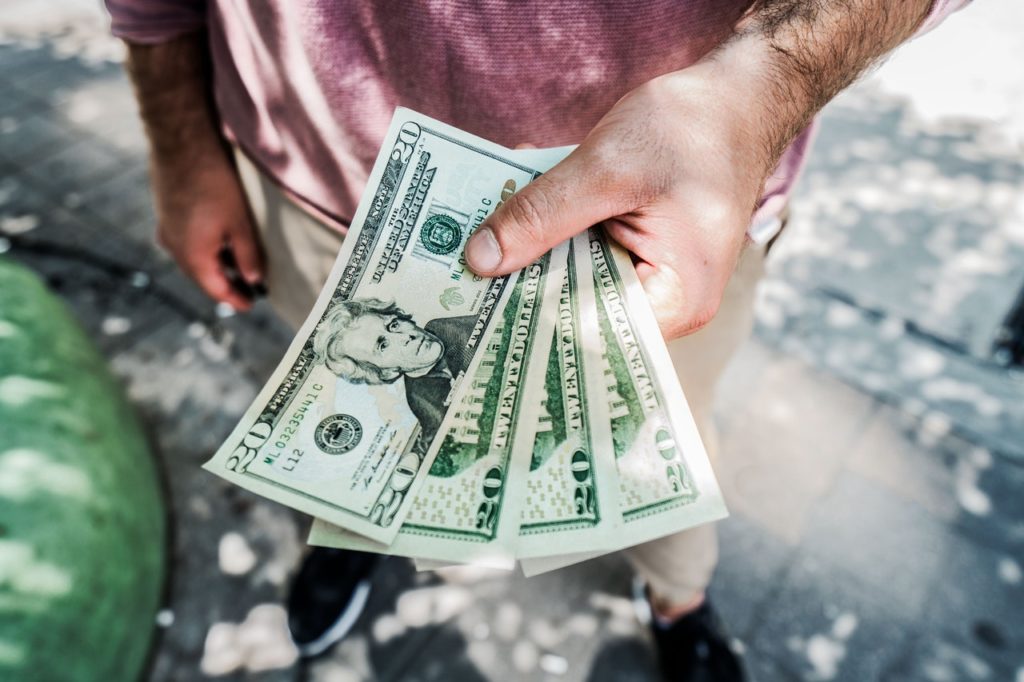To say that the previous year has been bad is an understatement. Businesses, both big and small, were all affected. Some had to work on reduced hours, while those who were hit worse had to temporarily or permanently close their doors. This has resulted in thousands of Americans suddenly finding themselves unemployed.
More than 60% of American families are living paycheck to paycheck since the pandemic started. However, not all are due to the pandemic. Around 44% of the respondents said they have been living that way even before the pandemic started.
Of this number, 2/3 are regretting that they have no emergency savings. And they are right to be worried. Sudden unemployment can put anyone in great jeopardy. What’s worse, many families are still paying for payday loans and mortgages.
Although the federal government offers assistance programs such as unemployment benefits, it still puts families in a dire situation.
What Stops Families from Saving for an Emergency Fund?
Here’s the thing. Even in a strong economy, many still find it challenging to save for an emergency fund. Studies show that many U.S. households are unprepared for financial emergencies, such as loss of income, sudden house repair, or a car repair.
Financial advisers have long advocated for everyone to have an emergency fund. Your emergency fund should cover at least three months of your monthly expenses to help you cope with sudden financial emergencies. Families who do not have enough cash for these unexpected expenses may end up getting a loan to make ends meet. This can put more families in even more financial hardships.
But what are the things that prevent families from putting aside money for emergencies? Lack of financial knowledge may downplay the importance of saving for financial emergencies. Financial knowledge affects financial behavior and how a person spends his money. Those who have undergone financial education as early as during high school were more likely to save than those who have not.
Another aspect that affects a family’s incentive to save is their access to financial tools and services. Studies find that around 62% of families with a savings account are more likely to set aside money for the rainy days. Of course, access and proximity to banks and familiarity with different financial tools and the ability to maintain accounts play a role too.
People normally think that income is the top indicator of whether a family can save for an emergency fund or not. However, according to a report by the AARP, this is not always the case. The study found that around 25% of families that earn $150,000 a year have no emergency savings.

Other common characteristics of Americans that do not have emergency savings include:
- Being unemployed
- Being disabled
- Earning less than $60,000 annually
- Being 18 to 29 years of age
- Being Black or Hispanic
- Not married
- Not having a college degree
How Much Do Households Set Aside for Their Emergency Funds?
How much each household should have in their emergency fund will depend on the size of the household, where they live, and how much they spend in a month. Some families, especially those in the lower-income bracket, tend to build up their savings, deplete them, then top-up on their savings again.
However, a few hundred to a few thousand savings can make a big difference when an emergency comes. AARP’s study found that 83% of families who have an emergency fund have a savings of not less than $2,000.
For some families, saving for two to three months worth of income may seem overwhelming. Start with small amounts. You can start with $500. This will inspire and encourage you to save more. If you have the cash to spare, top it up until you reach $1000. Try to set aside at least 5% of your monthly income. If you have a savings account, you can enroll for an automatic transfer so that you don’t miss your contributions. Make it automatic so that you don’t get tempted to spend it.
Of course, your emergency fund is meant to be used for emergencies. Do not hesitate to use it when you need to do some house repair or pay for your medication. Just don’t forget to replenish it afterward.
Families Without Savings Are Likely to Experience Difficulties
Families without emergency funds are six times more likely to have trouble paying for their home, whether rented or mortgaged. They are also likely not to pursue needed health care because of a lack of cash. Households without emergency funds are also likely to be worried about running out of food.
Regardless of how much a household earns, families without emergency savings are at risk of facing financial hardships. Having an emergency fund can make families more resilient and avoid making a loan from banks and friends.

